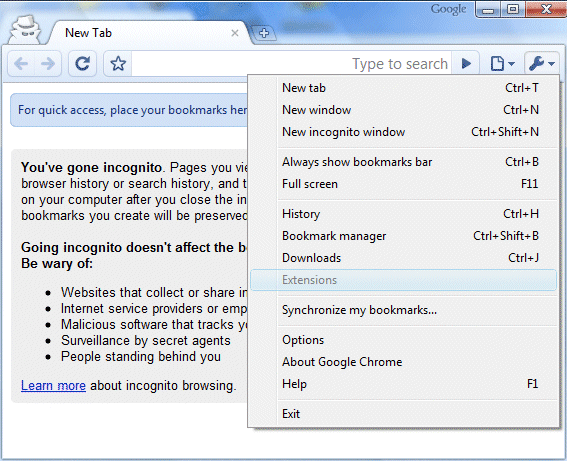

But your traipses through the web are still traceable by Internet providers – and the authorities who serve subpoenas to those entities – employers who control the company network and advertisers who follow your every footstep. Īt their most basic, these features promise that they won't record visited sites to the browsing history, save cookies that show you've been to and logged into sites, or remember credentials like passwords used during sessions. It's meant to hide, and not always conclusively at that, your tracks from others with access to the personal computer. That's it.

That's because private browsing is intended to wipe local traces of where you've been, what you've searched for, the contents of forms you've filled. Simply put, going " incognito" is as effective in guarding online privacy as witchcraft is in warding off a common cold. How to stay as private as possible on Apple’s iPad and iPhoneīut privacy-promising labels can be treacherous.The ultimate guide to privacy on Android.How to stay as private as possible on the Mac.

How to protect your privacy in Windows 10.Online privacy: Best browsers, settings, and tips.Web browser functions like those trace their roots back more than a decade, and the feature - first found in a top browser in 2005 - spread quickly as one copied another, made tweaks and minor improvements.


 0 kommentar(er)
0 kommentar(er)
